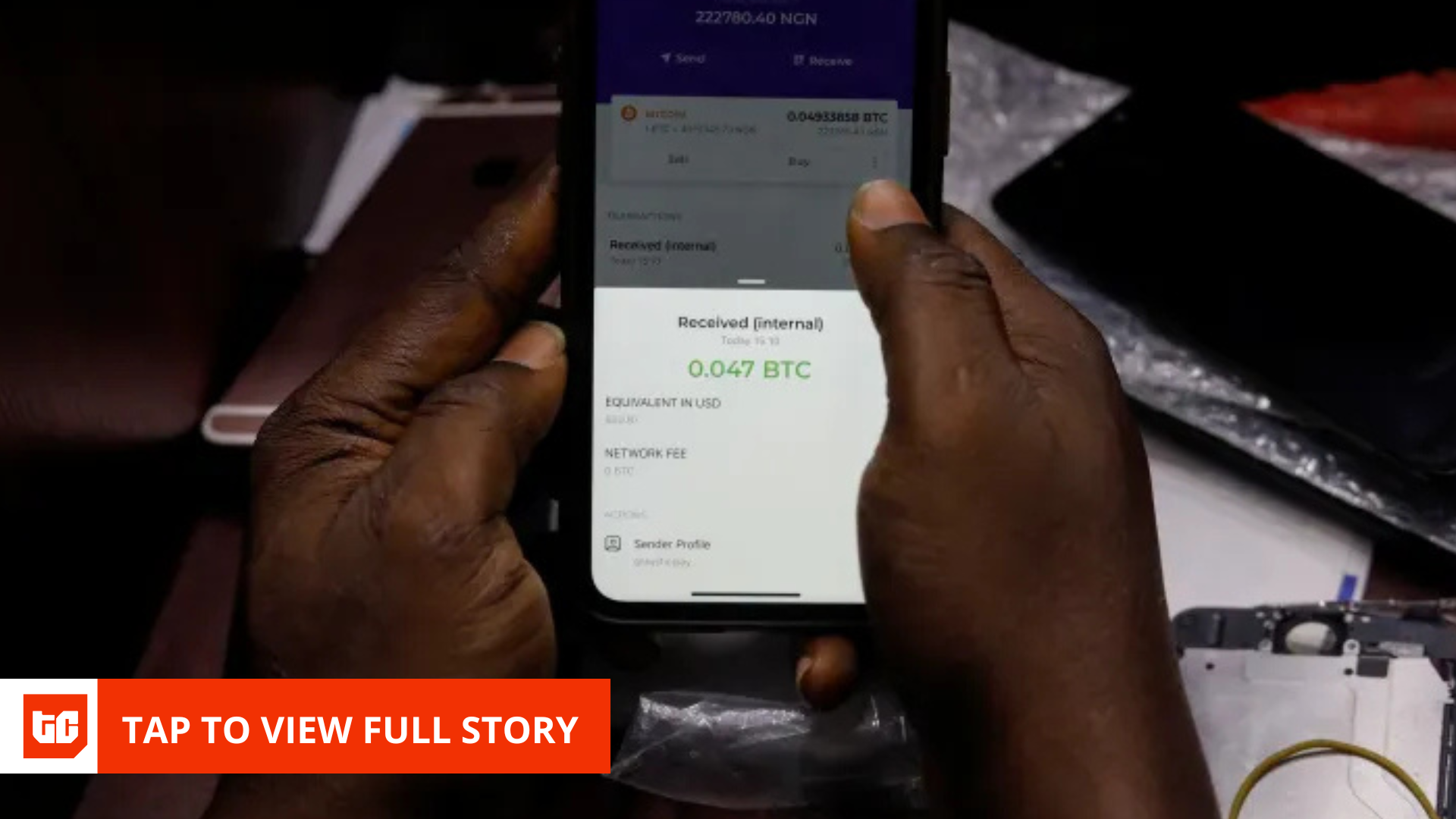One of the key drivers for maintaining the market advance of the UK’s gigabit broadband sector has been the emergence and continued presence of the alternative providers (altnets), with research commissioned by the Independent Networks Cooperative Association (INCA) concluding that the altnet sector is at a major turning point.
The study was carried out by leading broadband market research firm Point Topic, and INCA claims that the data revealed evidence heralding a new era for UK digital infrastructure, with the technology groundwork largely complete for altnets setting the stage for mass migration in 2025 away from legacy broadband providers, in particular market leader BT/Openreach and Virgin Media O2.
The report showed that years of intensive infrastructure roll-out and billions in private and public investment mean more than 16 million UK premises, including homes and businesses in a third of the nation’s hard-to-reach rural areas, have been connected. The total number of live connections for the altnet sector has reached 2.7 million, representing a 35% year-on-year growth. In addition, altnets were found to have increased their full network coverage by 27% year-on-year, keeping pace with Openreach’s 17.1 million premises at the close of 2024.
Altnets have committed an estimated £5.319bn to network expansions and operations for the 2024/2025 financial year. The companies aim to reach 18.6 million premises and more than three million live connections by the end of 2025, potentially capturing 10% of the UK broadband market.
INCA also revealed that entry-level ultrafast broadband services delivered by altnets were on average 11.7% cheaper than those provided by BT. Additionally, it highlighted the growing consumer trust in independent providers, with 13 out of the top 20 ISPs ranked on Trustpilot being altnets.
Assessing the trends and dynamics revealed in the report, INCA chief executive officer Paddy Paddison said that this was the moment altnets have been building towards. “Altnets have already connected millions of homes and businesses, and while network expansion continues, the sector is now cashing in on its investment and widening its focus to help more customers make the transition,” he said.
“Not long ago, if you lived beyond the big cities, then fast, reliable broadband felt like a distant dream. Altnets have changed that by bringing full fibre to long-overlooked towns, villages and communities, and in doing so, driving real progress in UK connectivity. And people are responding. Last year alone, almost three-quarters of a million customers chose to switch to an altnet. The momentum is building – and this is just the beginning.”
What will likely add to the momentum is the UK government’s £5bn Project Gigabit scheme, which has awarded 35 procurement contracts worth £1.36bn to 10 local or regional altnet operators, aiming to cover around 940,000 premises in the coming years.
The report also comes at a critical time, as the industry looks toward UK regulator Ofcom’s Telecoms access review 2026 (TAR26) policy consultation for UK broadband. This sets out plans designed to help full-fibre gigabit broadband to reach almost all UK homes and businesses over the next two years.
In its initial response, INCA welcomed the review as a critical step in shaping the nation’s digital future, but highlighted the need for strong safeguards to ensure fair infrastructure competition.
“The rise of Altnets has been the catalyst for the nation’s full-fibre roll-out, driving competition and real consumer choice. This review must put stopgaps in place to ensure the dominance of legacy players does not return under the guise of market maturity,” Paddison added.
“With the right regulatory backing, altnets will drive a faster, fairer and more competitive digital UK, which will be good for consumers and good for the economy. The foundations have been laid – now comes the shift.”










